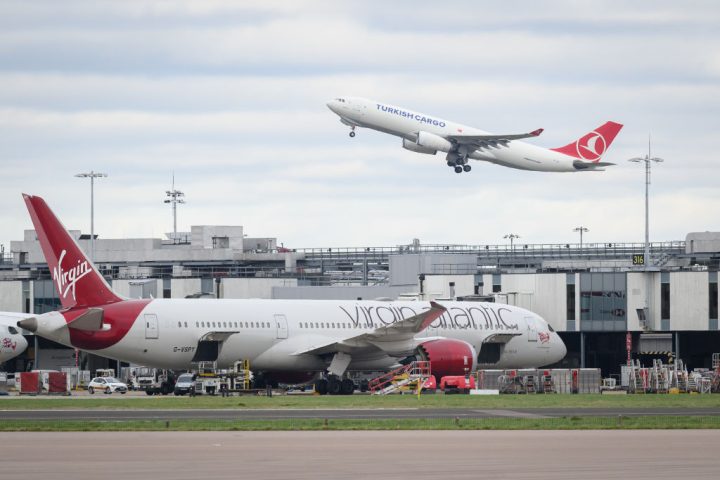When passing through an airport, the average traveller is unlikely to give much thought to the invisible economic forces that run the place. But the way take-off and landing slots are allocated at an airport affects a range of things, not least ticket prices and the range of destinations you can reach. This week, the government has launched a consultation on overhauling the system under which these slots at Britain’s busiest airports are allocated. It’s
Already a subscriber? Log in
Subscribe for just $2 a week
Try a month of The Spectator Australia absolutely free and without commitment. Not only that but – if you choose to continue – you’ll pay just $2 a week for your first year.
- Unlimited access to spectator.com.au and app
- The weekly edition on the Spectator Australia app
- Spectator podcasts and newsletters
- Full access to spectator.co.uk
Or



















Comments
Don't miss out
Join the conversation with other Spectator Australia readers. Subscribe to leave a comment.
SUBSCRIBEAlready a subscriber? Log in